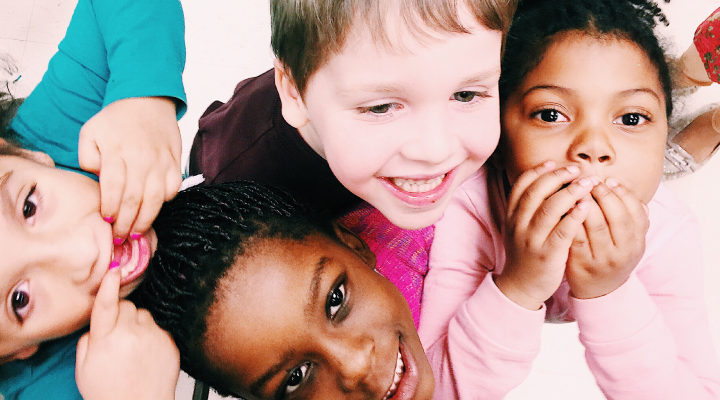
For some, dental coverage and proper oral health habits are overlooked. But for kids in a care program such as foster care, poor dental health is much more likely.
The University of Glasgow conducted a study on the dental health of kids in, or recently in, a care program (foster, kinship, residential, or mandatory supervision at home) versus that of children in the general population, and the results are surprising.
Some key findings include:
- 49% of children in a care program do not regularly visit the dentist
- 23% of 5-year-olds in a care program have “urgent” dental conditions
- 9% of children in a care program have had a tooth extracted while under general anesthesia
While the University of Glasgow was unable to determine whether the dental health of kids in a care program was poor because of the care program or because they entered care with pre-existing issues, the American Academy of Pediatrics (AAP) states, “…approximately 35% of children and teens enter foster care with significant dental and oral health problems.”
According to the AAP, kids in foster care experience higher rates of dental and other issues due to barriers such as these:
- Inadequate or difficult-to-access medical records
- Delayed enrollment in health insurance
- Poor communication related to care
- Insufficient funding and other resources
- Lack of providers accepting Medicaid
- Lack of treatment resources for dental services
- Lack of health professionals trained to meet foster children’s needs
So, what are the solutions to this problem?
Proper education for foster-care case workers and fostering parents would provide the groundwork for a reduction in progressing dental health issues, according to a thesis written by Kenneth S. Negro for the University of Washington’s Master of Science in Dentistry.
“Social workers would benefit from educational courses, either in person or online, on assessing dental health in order to deliver oral health intervention to foster parents during home visits,” wrote Negro. “Foster parents would benefit from an oral health education course during their regular training or as a continuing education course provided by a social worker or an online education course.”
Other options include specialized treatment centers, such as the Pediatric Dental Clinic that the Herman Ostrow School of Dentistry of USC opened in 2016. The facility was opened to provide foster children consistent dental care alongside their medical care in a location that doesn’t move, like many in foster care end up doing.